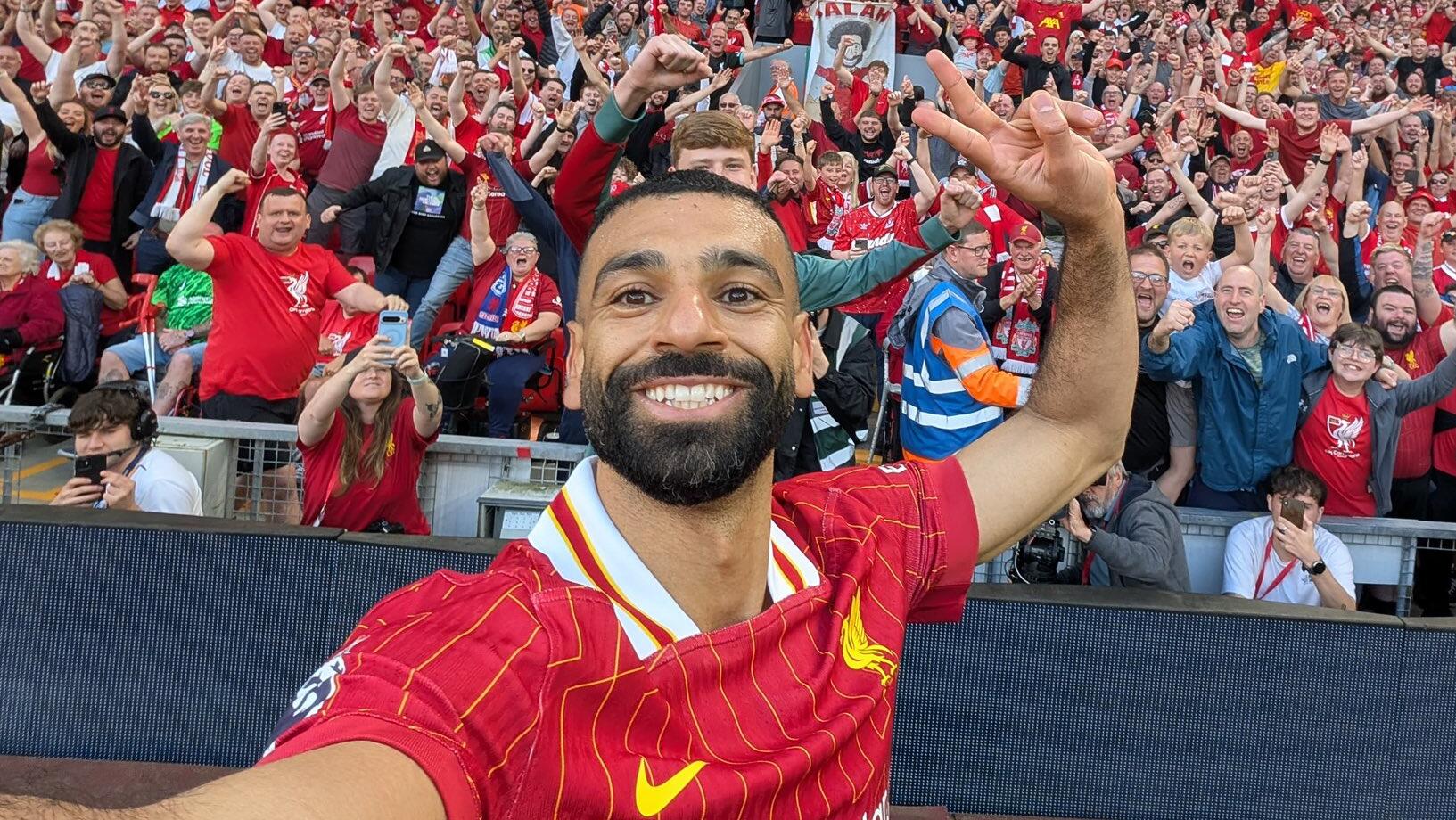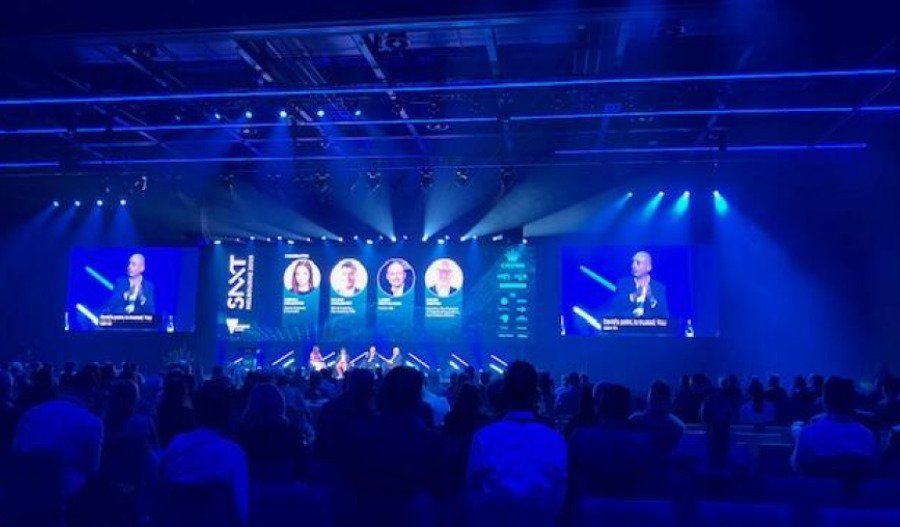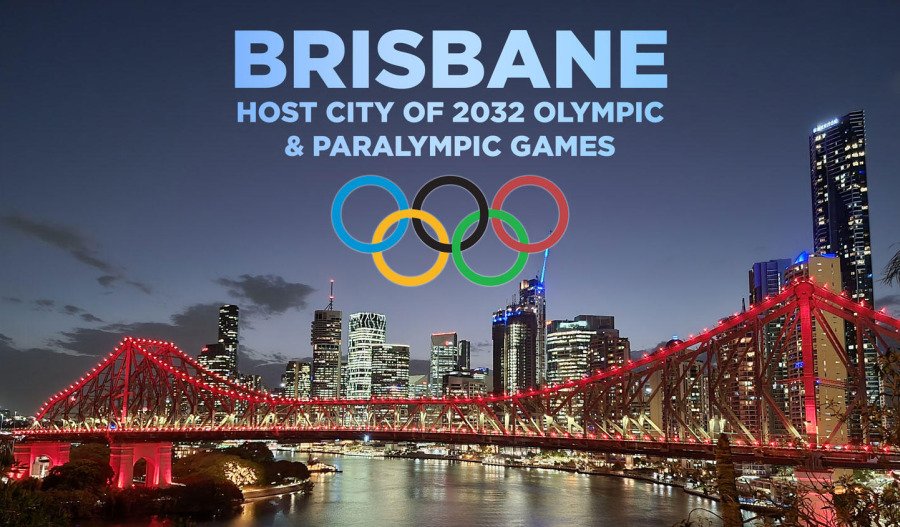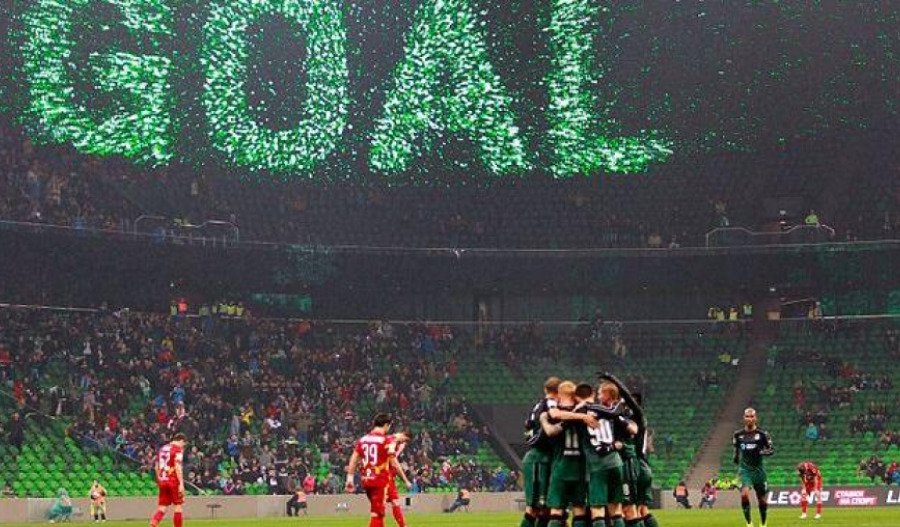It's a great time to be alive if you're a Liverpool supporter - or fan of Welsh not-so-minnow Wrexham Football Club - with the former becoming champions and the latter gaining promotion to the Championship division of English football.
Now arguably the world’s most popular and richest sports industry, English football's success is led by its flagship Premier League - and its prominence across global markets has significantly risen over the past few decades.
Globally, football's market footprint is projected to reach US$59.10 billion in revenue this year. The Big Five European leagues (English, German, Spanish, Italian, and French) dominate the sport with vastly superior finances.
And it's been a remarkable football season this year for many reasons, with two football clubs standing out from the pack with their recent successes.
An almost monopoly of a trophy-winning football team in Manchester City F.C. has relinquished an impressive haul of titles and cup wins this season to newly-crowned Liverpool F.C., which again lifted England’s coveted top-tier Premier League trophy just hours ago.
Wrexham F.C. is somewhat of a fairytale of success, having generated extra income through its celebrity owners to afford stadium redevelopments and attract players to leap itself into football culture's vernacular.
The actor-backed football minnow will now play alongside institutional clubs such as Leicester, Southampton, Sheffield United and Blackburn Rovers in England's 2nd tier.
Interestingly, both Wrexham and Liverpool are owned by American groups, yet their business structures are almost dichotomally opposed.
Welcome, Wrexham
Bought in 2020 by Hollywood actors Ryan Reynolds and Rob McElhenney for US$2.5 million, the pair have taken a struggling Welsh football team - and the city itself - up three tiers in back-to-back-to-back seasons to England’s tier 2 Championship division in the last three years.
“We’re documenting it,” McElhenney, actor and creator of the hit TV comedy It’s Always Sunny in Philadelphia, told supporters at the time.
“We should be thinking about Wrexham the way Man U (Manchester United) thinks about Man U's engagement in [the] club, communities. What a great way to do it,” McElhenney said.
In a studious attempt to monetise their investment, they signed up the club to document their journey in the hit Netflix series Welcome to Wrexham, (which has a fourth season on the way), added TikTok as a sponsor and brought in sizeable merchandising deals using their celebrity pull.
Through harnessing their Hollywood profiles and an impressive manager in Phil Parkinson, the team have since transformed a club with a roster of players that still needed to supplement their incomes with their day jobs to England’s 2nd-tier, where wages average £30,000 (A$62,500) per week.
The club's transformations and successes can be attributed to a combination of factors - yet primarily it's been the investment and celebrity-driven marketing efforts of both Reynolds and McElhenney.
The Mighty Reds
Liverpool F.C.'s new owners bought the club in October 2010 for £300 million - which is considered a steal since the club is now valued at over £4.2 billion - a figure likely to go up since it just lifted its second Premier League title in 35 years.
‘The Reds’ had little domestic, nor international success during the bulk of that period, until under the stewardship of Fenway Sports Group (FSG) - owner of the Boston Red Sox among other sporting brands - turned that around.
Two Premier League titles, a Champions League trophy and a handful of other domestic and international honours have come Liverpool's way in recent times, catapulting it into one of the world's most followed and adored football clubs.
Unlike clubs owned by Saudi oil money or a passionate billionnaire with money to pour in to the ether, FSG has been running the club as business - that is, attributing and accounting its costs to its stakeholders.
Together with a few shred moves in the transfer market, it's paid dividends for both the owner, the club and the fans over the last 15 years - in spades.
The U.S. based sports group is now purportedly courting a multi-club ownership model, aiming to expand its football and sports portfolio.
FSG has been linked with potential purchases of clubs like Malaga and Bordeaux; however, ownership laws may get in the way of such deals materialising.



